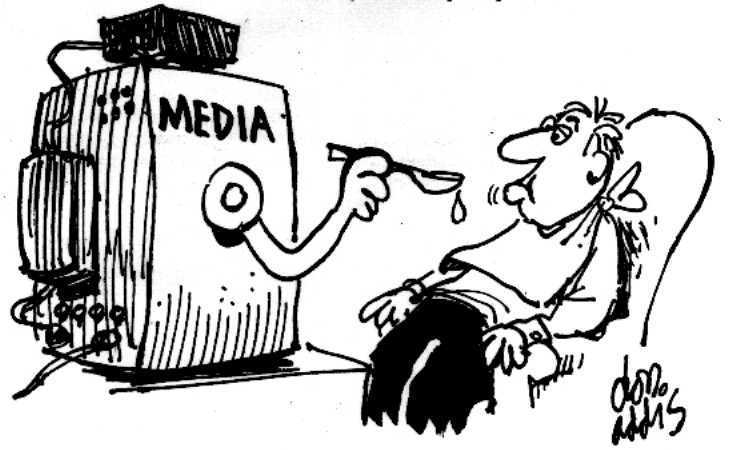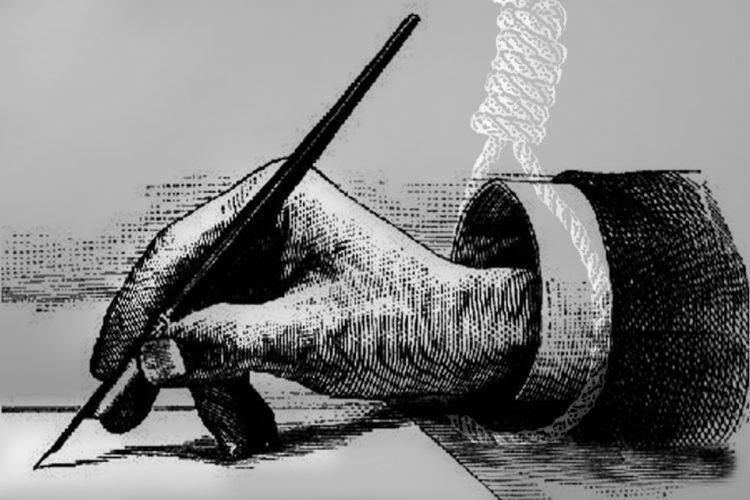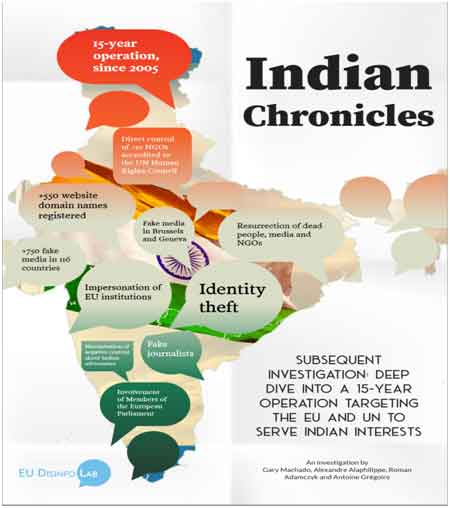
A Facebook debate with a friend after I had shared a post has thrown a myriad aspects of the topic. This aroused curiosity in my mind which culminated in this write up. Itcomes at the backdrop of the terrorist attack in Uri, a town in the Baramullah district of Jammu and Kashmiron September 18, where 18 Indian soldiers lost their lives in a cowardly act of terrorism when they were fired, at around 4 in the morning. The Indian media has targeted and blamed Pakistan for the incident and expectantly Pakistan is spreading the news that India has in fact staged the entire drama of killing its own soldiers to malign Pakistan and shift the world focus from the disturbance in Kashmir. The post attack immediate reaction was the usual clichéd types. However, the common narrative that ran along those sentiments is that of a sudden spurt of patriotism with # tags such as UnitedAgainstPak and UriAttack doing the rounds.
We Indians are forever divided except when there is an Indian-Pakistan cricket match or a terrorist attack. Messages have been pouring in from various sections of the society – Bollywood stars, to politicians, to sports personalities, all sharing their opinion and feelings on the incident. However, these are all forms of personalised space which one has the right to access and thereby share view-points or opinions.With the advent of social networking sites every individual is now a journalist ready to express their judgement than listen to those of others. Consequently, we have a whole bunch of people talking simultaneously with no one listening to the other. Thus to make one’s voice heard every institution comes up with unique methodology.And it is here that the institutionalised system of opinion making enters which is highly manipulative and singularly interesting driven. Clickbait journalism requires eye catching headlines which will covertly coerce the reader to go through the news item. The 24-hour coverage of the media right inside the personal space of an individual with relentless bombardment of news items and headlines to its readers and viewers affects the thinking capacity of an individual and subsequently influences his ideas. It is generally done deliberately keeping the economic aspect in mind, to be precise the amount of the money that can be generated from the news items. Or it may also be done to manipulate opinions for a particular cause. It is the latter which Noam Chomsky has rightly called manufacturing consent. And it is the latter which is doing the rounds in case of the media handling of the news of the above mentioned unfortunate incident. There is a deliberate attempt to perform a propaganda function without overt coercion to rally public opinion along a channelized objective. This mediated culture as transmitted from the powerful media houses to the public gets immediate acceptance among a large section of the society who fails to recognise the hidden intentions. The idea is to plunge into and hit the right chord of the emotions as long as it boils. The result is a culture of hatred and more hatred expressed in words, as long as neither declares war on the other, and flying across borders through this same media which has successfully crafted the ambience. Mathematically inferring, media acts as a latent variable which lies hidden but has a role to play in this causal relation resulting in hatred that was apparently caused by the attacks in Uri.
Not, however, completely writing off the wisdom of the public a couple of arguments may be forwarded. The Limited Effects Theory of the media prevalent in the 1940’s and 1950’s essentially points out that the media sway those who are less informed while those more informed generally relies on personal experiences and own reasoning. While the more recent Culturalist Theory essentially outlines that although some powerful media houses exert control over opinion it is ultimately the personal perspective which interpret those messages. Therefore, while both allows essential space to personal perspective the fact that media plays an essential role in shaping that personal reasoning in this era of omnipresent mass communications, is undeniable.
Without going into the nuanced discussion of who is to be blamed for the attacks in Uri, I feel, there has been a conscious attempt by the media in the two countries to construct consent based on chauvinism and narrow Foreign Policy strategy. When that be the case then it is unfortunate! This is nothing but a ramp walking kind of journalism showcasing the creations of a particular designer encompassing a theme with one coming out as the show stopper. Here everything is designed from before to be presented to the audience as planned. At this state of affairs, we fail to address the real scenario and therefore once again plunge into clichéd rhetoric, boring narratives and ugly mudslinging. The patriotism of the media is highly vulnerable. A psychological game is being regularly unfolded in the rooms spending more time on how the news item will be accepted by the readers or viewers than on the quality of the news or for that matter the language of the article. The two nuclear powered South Asian countries who had historical roots and a common beginning are at logger heads which is a scary piece of news in itself not only for the two countries alone but the world, in general. Now is not the time for the media to join the bandwagon and supply knee-jerk reactions to flare up opinion on such vital matters. I know not what should be done but only know that this trend is exceedingly disturbing!
Suparna Banerjee, Doctoral student, Centre for Development Research, University of Bonn, Germany. Email: [email protected]















































